The European Union (EU) has announced a contribution of €4.5 million to support Zambia’s drought emergency response, coordinated by the government and its partners.
EU Ambassador to Zambia, Karolin Stasiak, stated that the funds were intended to complement the efforts of the Disaster Management and Mitigation Unit (DMMU) and the Ministry of Community Development and Social Services.
She made this announcement during the signing of the EU and UNICEF Cooperation Agreement in Lusaka on Tuesday.
The agreement, totalling €4,528,750, aims to prevent severe nutrient deficiencies in six districts in Zambia: Zambezi, Shang’ombo, Kalabo, Mongu, Choma, and Monze, which are among the most affected by the drought.
“This is meant to support the most vulnerable communities in districts currently classified as IPC4, corresponding to an emergency situation in the Integrated Food Security Phase Classification, focusing on the Western and Southern Provinces,” Stasiak stated.
Through UNICEF, which will implement this support, the EU will provide in-kind food packages, including maize meal, beans, cooking oil, and salt, as well as high-energy, high-protein supplements for pregnant women and children under five.
The support would also include micronutrient powders for children aged 6 to 23 months and multiple micronutrient supplementation for pregnant women.
“Outside IPC4 districts, where markets are still viable, the EU’s contribution will enable UNICEF to support cash transfers equivalent to food packages for pregnant women and children under two, through the government’s Social Cash Transfer system,” she added.
Regarding water scarcity, Stasiak mentioned that under the upcoming Nexus Energy and Water for Zambia programme, worth €118 million, the EU, in collaboration with Germany and UNICEF, would support Water Facilities and the government to ensure sustainable access to clean water and WASH facilities for Zambia’s citizens.
She noted that agriculture was a pillar of Zambia’s economy and development strategies.
“Through our Agriculture, Forestry, Biodiversity, Water, and Climate Nexus programme, worth €48 million, the EU, in collaboration with Germany, Sweden, Czech Republic, and France, supports Zambia towards integrated watershed management, sustainable and climate-smart agricultural practices and sustainable forest management, to increase preparedness and build resilience against future droughts,” Stasiak highlighted.
She also stated that the EU would invest in supporting the transition from a linear to a circular economy in Zambia and in East and Southern Africa, contributing to the recovery of natural capital, climate action, and job creation for the emerging youth.
United Nations (UN) Resident Coordinator in Zambia, Beatrice Mutali, emphasized that this boost to the government-led drought response comes at a crucial time when people in 84 districts of Zambia are grappling with the severe impacts of drought, which was projected to lead to a rise in nutrition-related illnesses.
She mentioned that about 89,741 women and children in four target districts will receive food assistance, cash transfers, and nutrient supplements as a result of the partnership.
“This drought requires concerted efforts. Far too many families in key affected districts are struggling to put food on their tables. There is evidence indicating that a nutrition crisis is likely to unfold in provinces where hunger and nutrient gaps are high if timely, concrete prevention actions are not taken now,” Mutali stated.
Mutali revealed that the UN has so far mobilized US$ 18.1 million for Zambia’s drought response, with US$ 5.5 million from the UN Central Emergency Response Fund (CERF), allocated to address critical needs in food security, water, sanitation and hygiene, nutrition, and protection.
“The UN launched a US$228 million appeal to support the government response, which still has a significant gap. The European Union’s contribution is therefore timely and very welcome.
“The scale of this crisis requires support from all of us, because only then can we make a profound difference in ensuring that we can continue to provide the necessary assistance to those in need,” Mutali said.
WARNING! All rights reserved. This material, and other digital content on this website, may not be reproduced, published, broadcast, rewritten or redistributed in whole or in part without prior express permission from ZAMBIA MONITOR.


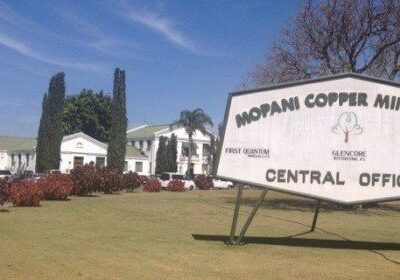
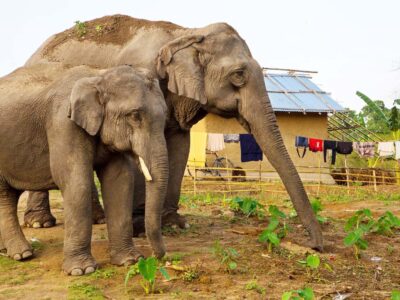
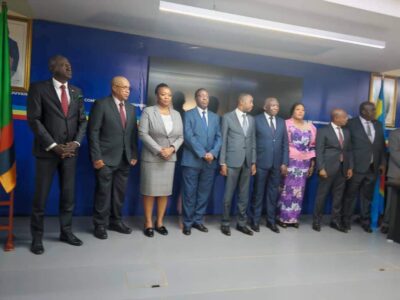
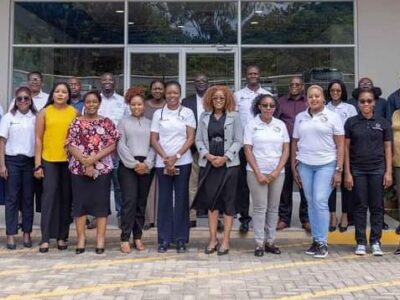
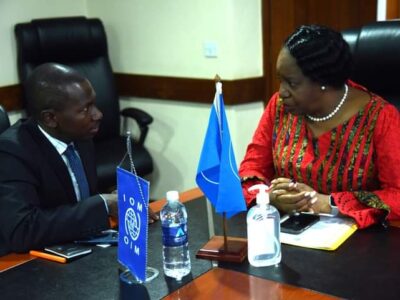



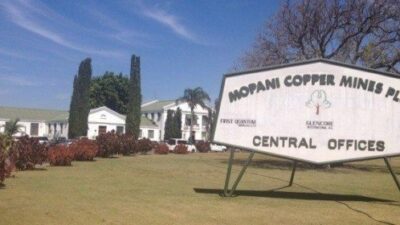

Comments